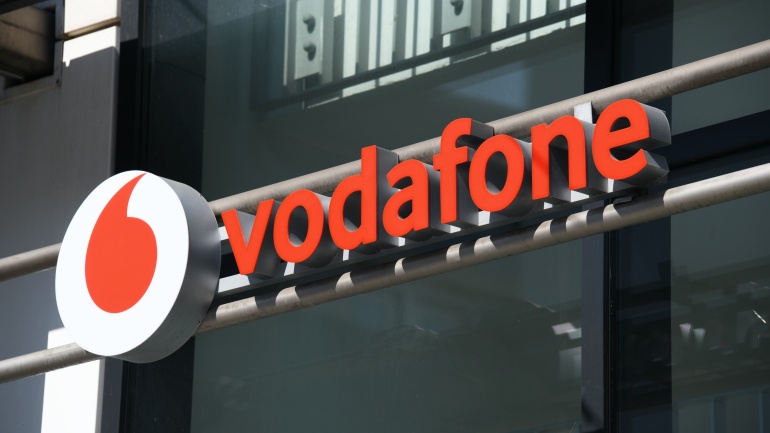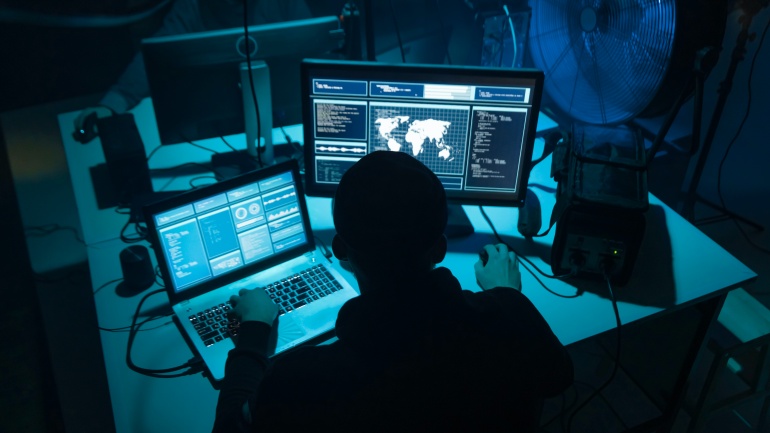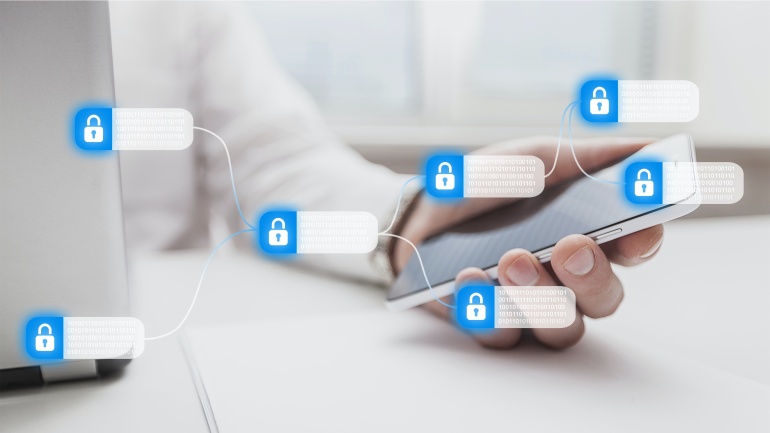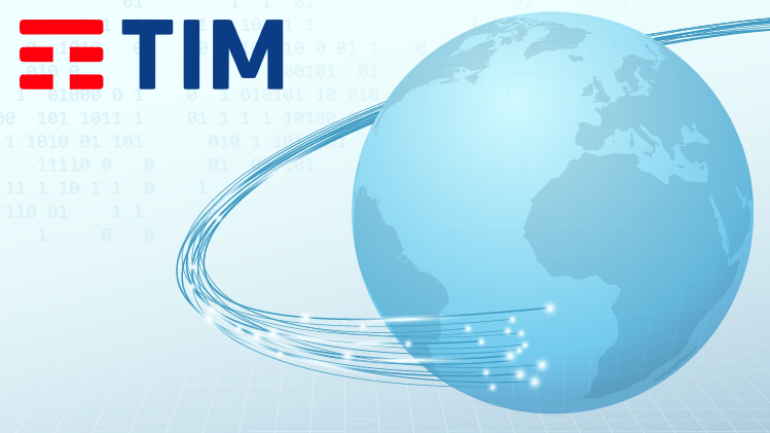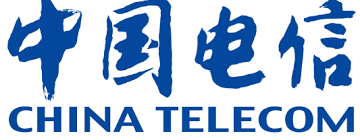Global mobile roaming data revenue is predicted to reach $10 billion in 2024, driven by 5G demand among travelers. Telecom operators face challenges in balancing costs with customer protection, as eSIM adoption and travel mobility services expand, intensifying competition.
Aqua Comms introduces groundbreaking 400 Gbps Ethernet Trans-Atlantic service, enhancing connectivity for the Energy Sciences Network and boosting aggregate bandwidth. This major upgrade caters to growing supercomputing requirements and supports scientific research in energy, climate, and beyond.
Artificial intelligence is exerting its influence on almost every sector, including telecommunications. This technology has begun to add impressive new dimensions to many industries, accelerating the digital transformation. According to Tractica, annual investment in telecommunications AI software is expected to grow to more than $11.2 billion in 2025. The telecommunications industry is at the heart of technological growth and digital transformation. The industry is huge. 54 telecommunications companies are listed on the Forbes Global 2000 list. They account for more than $3.4 trillion in assets and almost $1.5 trillion in income in 2020. The potential of AI in the telecom industry is immense. By taking advantage of this technology, organizations can create supplementary revenue streams using business niches they had not even thought could be profitable. The demand for higher quality telecom services and a better customer experience grows. Therefore, service providers need to look for smarter, more powerful and…
Vodafone and Google Cloud have announced a six-year strategic partnership to promote the use of reliable and secure data analytics and insights in support of new digital products and services that will be introduced to Vodafone’s customers around the world. Under the terms of the expanded agreement, the companies will work together to create a new and robust integrated data platform with additional capabilities to process and transfer huge amounts of data worldwide from numerous systems to the cloud. As part of the six-year contract, Vodafone will also transfer data from its own servers to Google Cloud. The platform “Nucleus” will feature a new system – “Dynamo”. This platform will manage data across Vodafone to offer its customers new, customized products and services in a variety of markets. The platform will be able to process about 50 terabytes of data per day in the cloud, which equates to…
Black Lotus Labs, a division specializing in threat intelligence at Lumen Technologies that focuses on identifying malware and cyber security threats, has announced the discovery of a group of compromised websites that have been used in watering hole attacks in the past. All visitors who browse one of the sites would be unknowingly infected and vulnerable to the attacker stealing a copy of their Windows authentication credentials that could be used to impersonate them. The activity was only recently brought to light and was discovered on several Ukrainian and one Canadian website. These attacks target websites by inserting a malicious function into the website’s code, which is then executed by the victim’s machine. This type of attack has been used for many years, including the high-level compromise that was traced to the San Francisco International Airport website in April 2020. When analyzing the attacks in Ukraine and Canada,…
Maintaining an edge over competition, staying on track with ever-shifting customer needs and seeing steady revenue growth, can be hard in the fiercely competitive environment of telecoms. That is why the telecom industry needs to consider introducing new technologies into their business practices. One such promising technology that can give telecommunications business owners leverage in the industry is blockchain. Blockchain was created as a technology that brings trust where it does not exist. Currently, the telecommunications blockchain market is in its early stages, with only a few vendors having launched telecommunications blockchain solutions. Given the complex nature of blockchain and distributed ledger technology, it is clear that in order for it to succeed in the telecommunications industry, vendors will need to pool their knowledge of blockchain technology and the telecommunications industry. Bringing blockchain into play can create significant benefits and opportunities for a variety of telecommunications sectors. Some of these…
TIM, also operating under the name Telecom Italia, is the largest Italian telecommunications services provider, offering telephony and mobile services as well as DSL data connectivity. The company has made every effort to maximize coverage in its fibre-optic rollout, bringing ultrabroadband to underserved areas and covering more than 2,000 districts in about 5 months. This increase in infrastructure is a key advancement in Italy’s growing need for connectivity in rural and sparsely populated areas across the country. As a result of this deployment, approximately 65% of households in these areas now have access to a high-speed connection, and in a short period, this initiative has taken an important step in bridging the digital divide in the country that TIM aims to fill by 2021. The fibre network currently covers 86% of the Italian population and it TIM aims to increase this figure to 90% by December, 2020. Although…
After last week’s summit in Australia, the Five-Eyes Governments, which include the United States, the United Kingdom, Canada, Australia and New Zealand, issued a statement calling on the technology industry to willingly provide access to encrypted information. While encryption is by far the safest way for private information to travel between the sender and receiver, the Five-Eyes group argue that it can also be “used by criminals, including child sex offenders, terrorists and organized crime groups to frustrate investigations and avoid detection and prosecution.” Even though the debate of privacy versus security when it comes to data encryption is not a new one, many cybersecurity experts still claim that there is no safe way to provide authorities with a backdoor access to decoded information without introducing vulnerabilities that may be exploited by hackers. Despite this argument, the alliance is pushing technology providers to “create customized solutions, tailored to their individual…
Connecting to a public WiFi network at airports, hotels or even at a local coffee shop is not always as safe as one might think, as intercepting private information sent over a public network is quite easy even for inexperienced hackers. As a result, Verizon has decided to combat this security vulnerability by launching a VPN for their customers, Safe Wi-Fi. This new service protects personal data from prying eyes, and blocks advertisement trackers by using VPN encryption. Safe Wi-Fi is available on iOS and Android devices for a fee of $3.99 per month, and can cover up to 10 devices linked to a Verizon account. Considering how much the theft of personal information might cost a user, this is a small price to pay for keeping important data secure.
A worldwide partnership between CTG (China Telecom Global) and Global Switch was made official. It will allow the two companies to offer Data Centre Network solutions to customers globally. Global Switch already operates, develops and owns carrier and cloud-neutral data centres, that are located in Europe, and the Asia Pacific area. As a part of its services, it provides IEPL (international ethernet private lines), IPLC (international private leased circuits), VPN and IP transit. Deng Xiaofeng, CEO of CTG, expressed his satisfaction : “The collaboration will bring significant value-adds to our existing and future customers, fuelling their development and success with resilient and mission critical data centre network infrastructure.” John Corcoran, CEO of Global Switch, added: “This agreement with China Telecom Global is recognition of Global Switch’s continued commitment to providing customers with industry-leading facilities and solutions across our global portfolio. This initiative will further enhance access to our extensive connectivity…






